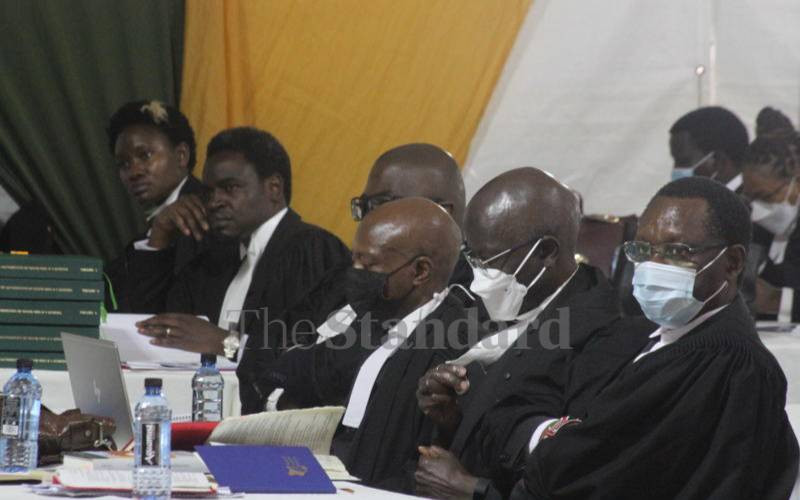
A Ugandan ex-schoolmate once commented on our WhatsApp group that Kenya's superior and unfulfilled economic leadership is hampered by the "badness" of our politics. I have said recently that we are a Sh30 trillion economy that is happy to cruise at our current level of Sh10-15 trillion.
And Sh30 trillion is an understatement. Yet, before we know it, Ethiopia will have left us way behind as well as Tanzania that may or may not be giggling at our current dollar troubles. Indeed, in the long-term, that sleeping giant we know as DRC could one day be the centre of our universe.